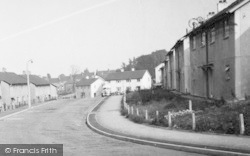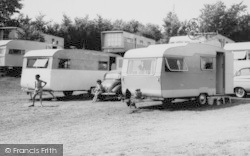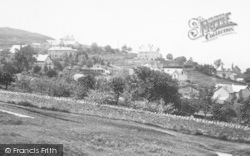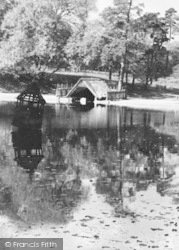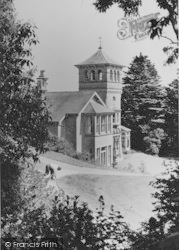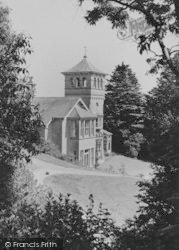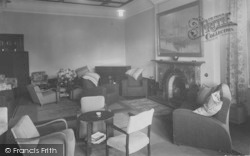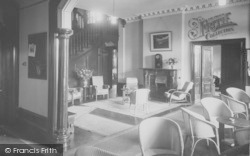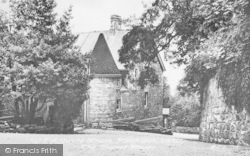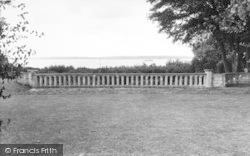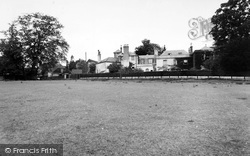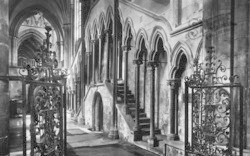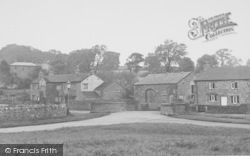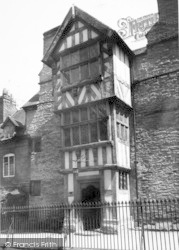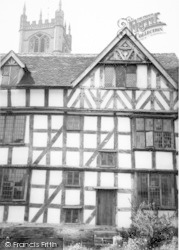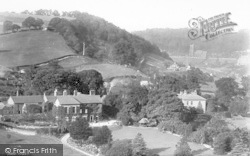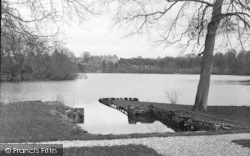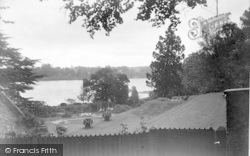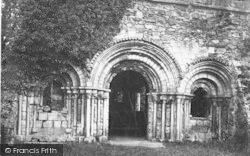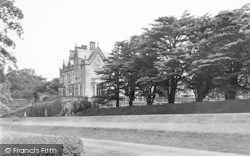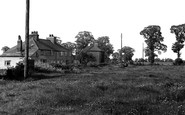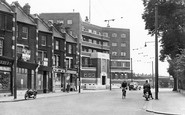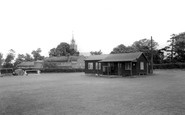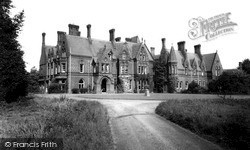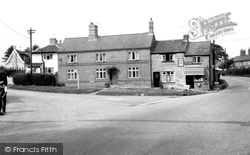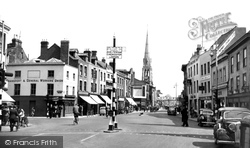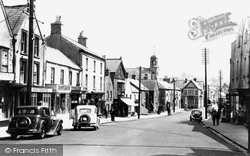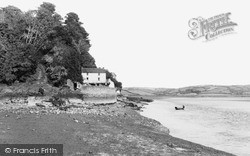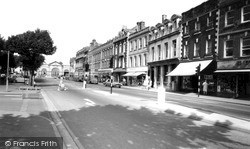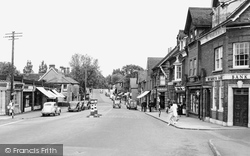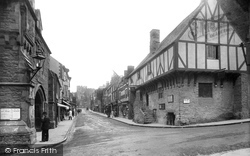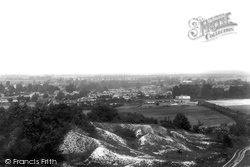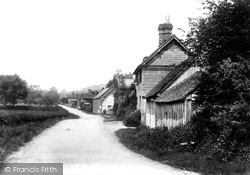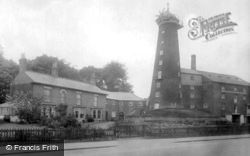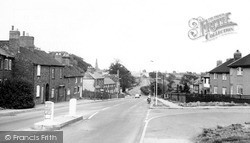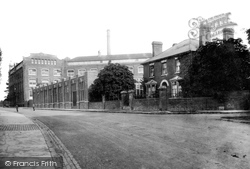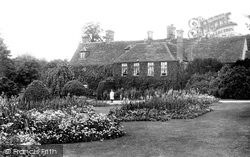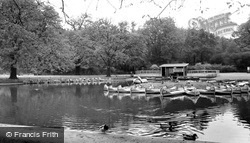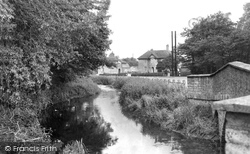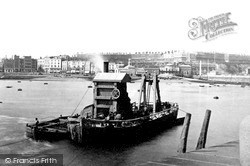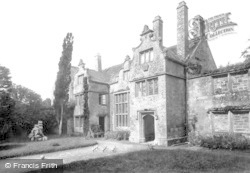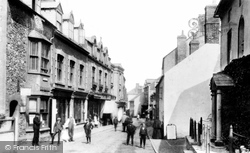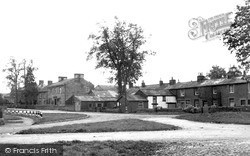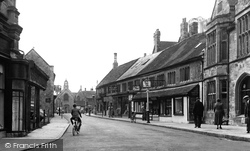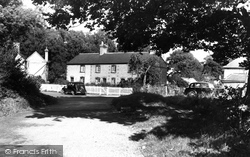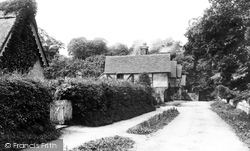Places
36 places found.
Those places high-lighted have photos. All locations may have maps, books and memories.
- Chatsworth House, Derbyshire
- Osborne House, Isle of Wight
- Brambletye House, Sussex
- Ickworth House, Suffolk
- Kingston Lacy House, Dorset
- Boscobel House, Shropshire
- Preshute House, Wiltshire
- Bolton Houses, Lancashire
- Brick Houses, Yorkshire
- Quaking Houses, Durham
- Water Houses, Yorkshire
- Bottom House, Staffordshire
- New House, Kent
- Mite Houses, Cumbria
- Lyneham House, Devon
- Church Houses, Yorkshire
- Dye House, Northumberland
- Spittal Houses, Yorkshire
- Street Houses, Yorkshire
- Tow House, Northumberland
- Halfway House, Shropshire
- Halfway Houses, Kent
- High Houses, Essex
- Flush House, Yorkshire
- White House, Suffolk
- Wood House, Lancashire
- Bank Houses, Lancashire
- Lower House, Cheshire
- Marsh Houses, Lancashire
- Chapel House, Lancashire
- Close House, Durham
- Guard House, Yorkshire
- Hundle Houses, Lincolnshire
- Hundred House, Powys
- Thorley Houses, Hertfordshire
- School House, Dorset
Photos
7,776 photos found. Showing results 1,041 to 1,060.
Maps
370 maps found.
Books
1 books found. Showing results 1,249 to 1.
Memories
10,367 memories found. Showing results 521 to 530.
Wars Years And A Little After In Russel Road, N13.
I lived in 75 Russell Road, Palmers Green during the war years and after. Although very young, I remember the doodle-bug coming over our house and landing in Brownlow Road I believe, also ...Read more
A memory of Palmers Green in 1940 by
Methodist Chapels
I was born in Braunston in 1941 but was taken to Hellidon as a baby to live with my mother's parents, the Burbidges. In Hellidon, the Methodist church was closed during the war period, so I was taken to the Methodist chapel ...Read more
A memory of Priors Marston in 1941 by
Memories Of Hulme
My name is Lynda (Howarth) and I lived in Hulme from 1943 until 1953. My Mum was Edith Woods, and she married Stanley Howarth. My mum used to live in Mary Street and then we moved to Junction Street, after the war. I ...Read more
A memory of Hulme in 1943 by
The Doctor's Surgery
I remember the doctor used to visit the village once or twice a week & set up his surgery in Mrs Benton's house. Mrs Benton, (Alice, or was that her daughter?), lived in the cottage at the end of the row, furthest away in the ...Read more
A memory of Bulphan in 1960 by
Lucien Road
I lived in Lucien Road for sixty five years until two years ago. My memories start when I was about five with my dear old dad taking me out on his barrow to sell firewood - I thought it was great fun. Also, my mum taking me to haylocks at ...Read more
A memory of Tooting in 1948 by
Mr Robert Wood Stewart
This is really to try and find out if anybody in Leiston may rember the late Mr Robert Wood Stewart. He married Miss Doris Clouting in the late 1940's and had two children Robert John, and Christine Edith. Sadly he gassed ...Read more
A memory of Leiston in 1961 by
Part 16
Conclusion On my last visit it was hard to see where the village was. The small triangular field is now a park but it looks so small. The place I remember seemed so much larger than Small Park that is now there. Having been raised in ...Read more
A memory of Middle Rainton in 1945 by
New Back Row
I used to live at 458 New Back Row and remember the Coulsons from 456, especially Eddie who was my age (I think). I was devastated when they moved away, although Eddie was probably relieved - I have vague memories of stabbing his hand ...Read more
A memory of Wingate in 1963 by
My First 21 Years
I was born on 5th July 1948, we lived in one of the houses behind the Wheatsheaf hotel. Our neighbours there were the Wilcocks and the Browns. My Dad, worked as a driver for a furniture company and a coalman and I remember he ...Read more
A memory of Queensbury by
East Harling, Audrey Hudson
I came to E.H. in 1947 when I was 2 yrs old, and lived in Gallants Lane - opposite Fen Lane. Audrey Hudson used to organize the village children for the St John's Ambulance Brigade practice evenings, when we would ...Read more
A memory of East Harling in 1955 by
Your search returned a large number of results. Please try to refine your search further.
Captions
6,977 captions found. Showing results 1,249 to 1,272.
The new house, completed in 1869, was designed by Alfred Waterhouse, who was also the architect of St Pancras station and the Natural History Museum.
Next to an 18th century house of some interest, the post office, along with the pub, was the focal point of village life.
This was known as Coffee House Number Four before the union bought this building. This block also used to house the Theatre Deluxe next to Jays.
Town houses were built in the early 19th century for wealthy families and, in the late 1800s, 27 public houses existed along the High Street.
This attractive boat house is set at the foot of a steep cliff alongside the River Taf with its 'heron-priested' shore. The poet Dylan Thomas lived here for the last four years of his life.
it has been the centre of the city's business and social life, and is surrounded by many fine buildings.This view shows Blue Boar Row, looking west towards the old Cheese Market and the Market House
In 1794 a very large barracks was built just north of the village; it was used to house militia during the Napoleonic Wars. After the First World War, the barracks were closed and demolished.
The medieval parish church, Ashtead Park house and its landscaped park, now part of the City of London Freemen's School, are south of this main through road, the A24 London to Worthing road.
The building on the right is Aberconwy House, a rare survival of medieval Conwy and one of the oldest buildings in Wales.
A lone block of four houses were the only dwellings on that straight length of road in 1899. By 1905 a spurt of building would fill in the right-hand side all of the way into town.
Blackdown is a great sandstone hill 918 feet high, and Blackdown House is a Tudor-style manor house of 1640.
Formerly one of the few eight-sailed windmills in the country, the tower is all that remains of the complex of granaries, bakery and mill house.
The assemblage of 19th-century houses on the left is almost picturesque, looking out over open fields until the arrival of the houses on the right in the 1930s.
It is now a major roundabout, with a Tesco's on the left and the Works and house replaced.
Climbing out of the Vale of Aylesbury northwards onto the Brill-Winchendon Hills, we reach Upper Winchendon, where the Marquess of Wharton built a vast country house around 1700.
Nash surrounded it with grand terraces of houses and laid out the bones of the park, including the lake. This view looks into the lake's north-west arm.
Designed by William Wilkins, the houses were fairly plain, with rendered elevations; the only elaboration was Gothic tracery timber windows and some bow windows and porches.
The seafront buildings between the Obelisk and the Clock House would in time all be demolished; they were storehouses, the Trustees' Committee Rooms and the harbourmaster's house, all situated in the
This historic house, which dates from 1572, stands inland from Newquay. It was the home of the Arundell family, but it is now owned by the National Trust.
The best house is on the right, slightly set back from the road and with a central niche containing an urn. Built about 1835, it became a bank, hence its current name 'The Old Bank House'.
Following the suppression of the Knights Templar, in 1323 the Knights Hospitallers succeeded them, holding the manor for over two centuries until 1543 following the dissolution of religious houses
On the right hand side, several businesses, including Pedley & White outfitters, occupy the Church House building, erected in the 1530s on the site of old tenements.
On the left is Douglas Cottage, then the plainly named No 2, and the last house on the right is Green Cottage.
This unspoiled row of 16th- and 17th-century half-timbered houses facing onto the church was built and owned mainly by small farmers and tradesmen, who formed the backbone of the rural affluent society
Places (80)
Photos (7776)
Memories (10367)
Books (1)
Maps (370)




